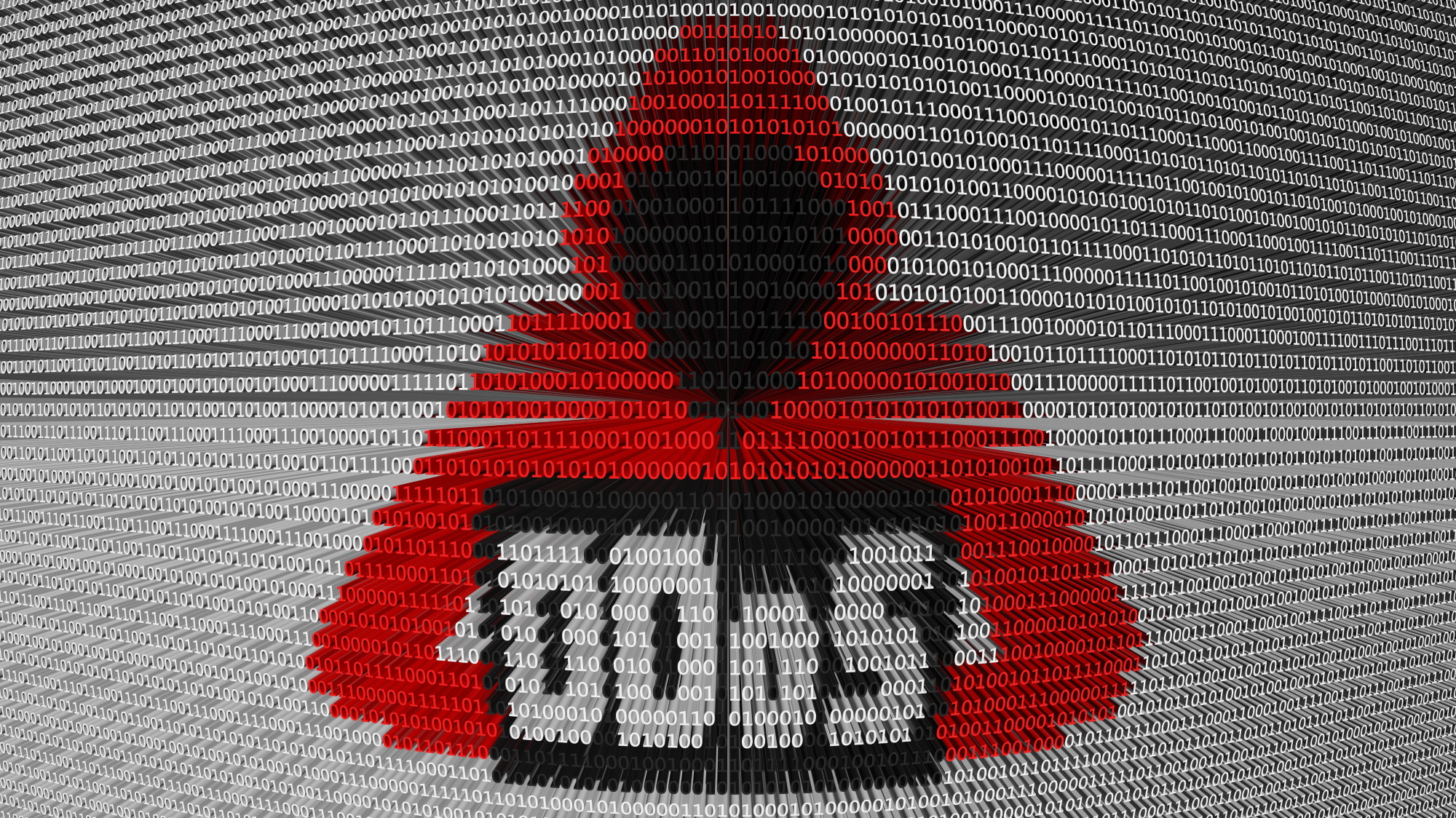Hackers exploiting global pandemic with these scary internet attacks
Unusual growth of DDoS attacks attributed to coronavirus pandemic

The amount of distributed-denial-of-service (DDoS) attacks conducted in Q2 of 2020 “increased three-fold” compared to the same period last year, according to antivirus maker Kaspersky.
The Moscow-based cybersecurity firm, which makes our top choice among the best antivirus programs, claims that the number of DDoS attacks against websites it observed in the second quarter grew by 217% year-on-year.
- Best VPN: add a layer of extra security thanks to a virtual private network
- Get the best online security with our antivirus software buying guide
- Just in: PS5 price and release date could be revealed soon
Pandemic to blame
Kaspersky noted that DDoS attacks in the first quarter of 2020 had only “slightly increased” from the number in Q1 2019, suggesting that attackers have been taking advantage of the global coronavirus pandemic that really took off in Q2 2020.
“Kaspersky experts believe the rise in malicious activity can be attributed to the impact of COVID-19, as both cybercriminals and their targets have had to reconsider their summer plans,” said the firm in a press release.
Kaspersky went on to explain that the increased number of DDoS attacks which took place in the second quarter was unusually high.
Unusual growth
This is because “the year usually sees a higher amount of DDoS, as it is a peak season for business, and in late spring and summer the number of attacks begin to decrease".
From Q1 to Q2 of 2019, these attacks decreased by 39%. Kaspersky also logged a 34% fall in DDoS attacks during this timeframe in 2018. But this year, such attacks were up 30% from Q1 to Q2.
Sign up to get the BEST of Tom's Guide direct to your inbox.
Get instant access to breaking news, the hottest reviews, great deals and helpful tips.
“This trend is reflected in the number of commands received by bots from C&C servers, which were intercepted and analysed by the Kaspersky DDoS Intelligence system,” explained the firm.
DDoS attacks flood a single website or web server with a huge amount of traffic, swamping the site's ability to respond properly to visitors and effectively cutting it off from the world. The targeted sites are not damaged, just taken offline.
Kaspersky also found that “the biggest number of attacks per day was almost 300 in Q2 (registered on April 9)”, adding that “in Q1 2020 the record was 242 attacks.”
“This year, people have not been able to enjoy a normal holiday season as many regions have kept COVID-19 lockdown measures in place," said Alexey Kiselev, business development manager on the Kaspersky DDoS Protection team.
“This has left more people than usual still depending on online resources for both personal and work-related activities, making this summer a busy period for online businesses and information resources," Kiselev added. "As a result, we saw unprecedented activity in the DDoS market. And so far, there is no reason to predict a decline.”
- Read more: Defend yourself against DDoS with a gaming VPN
Nicholas Fearn is a freelance technology journalist and copywriter from the Welsh valleys. His work has appeared in publications such as the FT, the Independent, the Daily Telegraph, The Next Web, T3, Android Central, Computer Weekly, and many others. He also happens to be a diehard Mariah Carey fan!
